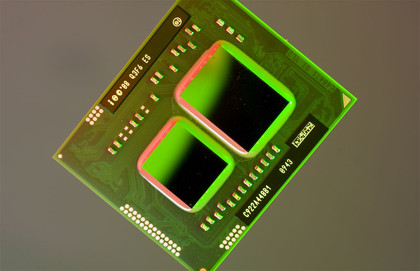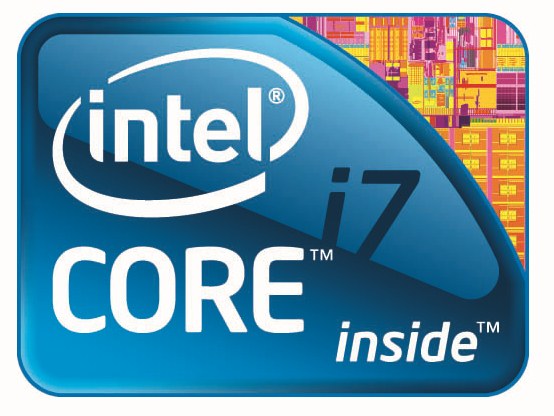Why you can trust TechRadar

We're happy to report that with the arrival of this new mobile processor, Intel's CPU-GPU fusion architecture has really found its niche.
On the desktop, fusion processors offer few advantages and several disadvantages. But in notebooks, putting the CPU and graphics into a single package is a winner.
Given that laptops are increasingly the most popular sort of PCs, that puts a very different complexion on the whole fusion project.
We liked:
Intel has duly delivered on its promise to deliver quad-core levels of performance in return for dual-core power consumption.
In fact, this new dual-core mobile CPU is so good, we're struggling to see the need for quad-core laptops at all. It's the biggest step forward in usable laptop performance we've yet seen.
We disliked:
Sign up for breaking news, reviews, opinion, top tech deals, and more.
Two things, pricing and branding. In other words, the product is very good indeed, but we have issues with the way Intel is serving it up.
This sort of performance should be a basic human right, as far as we're concerned. But at £250 for this chip alone, any resulting notebook is going to cost proper money.
As for the branding, well, what more can we say? This chip goes by the Core i7 moniker, which makes it the third such entirely unique processor design to do so.
Meanwhile, you can buy a lower clocked but otherwise largely identical version of this very processor under the Core i5 and Core i3 brands.
In other words, the brands Core i3, i5 and i7 have ceased to mean anything. It's potty.
Verdict:
A wide range of laptops based on this and other members of Intel's new range of Core i3, i5 and i7 Mobile chips are already available from the usual suspects including Dell, Toshiba, Sony and the rest.
Countless more will appear in the coming months. If you're in the market for a new portable, be it big, small or anywhere in between, Intel's new mobile processors should be right at the top of your list.
Technology and cars. Increasingly the twain shall meet. Which is handy, because Jeremy (Twitter) is addicted to both. Long-time tech journalist, former editor of iCar magazine and incumbent car guru for T3 magazine, Jeremy reckons in-car technology is about to go thermonuclear. No, not exploding cars. That would be silly. And dangerous. But rather an explosive period of unprecedented innovation. Enjoy the ride.
